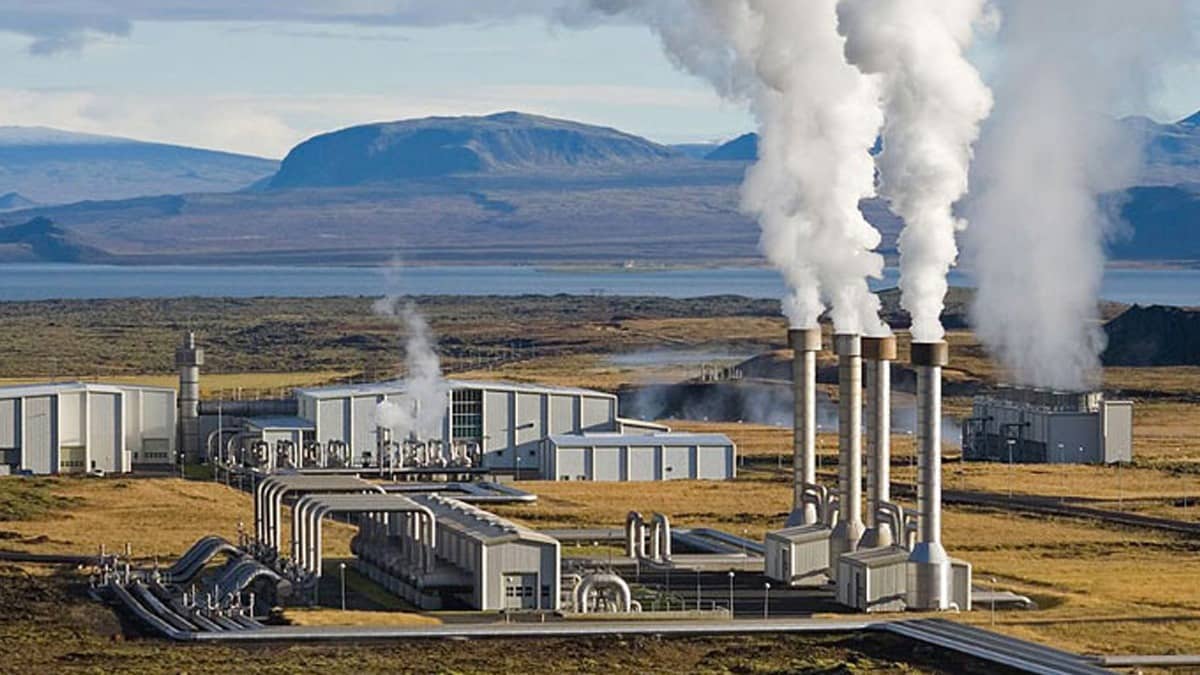The Kenya Electricity Generating Company (KenGen) is set to expand the Olkaria geothermal complex. The largest producer of this clean energy announced it is completing feasibility studies for the construction of Unit VII of the Olkaria geothermal power plant in Nakuru County and at the same time, the company is preparing for the commissioning of the Olkaria VI plant.
The construction of a 7th unit will make Olkaria the largest geothermal project in Africa with an installed capacity of 790 MWe. KenGen could develop another phase as the geothermal site’s power generation potential is estimated at 2,000 MWp.
The 7th phase of the plant with an expected capacity of 140 MWe. Menawhile according to Peketsa Mangi, KenGen’s geothermal development manager, Unit VII will be commissioned in the next three months. The facility will have a capacity of 86 MWe.
READ: Bulawayo Thermal Power Station project to begin in 2022 Geothermal exploration
Exploration for geothermal resources in Kenya started in 1950’s and gained momentum in the 1960’s, when two wells were drilled at Olkaria. From 1967, the United Nations Development Programme (UNDP) in collaboration with the Kenya Government and the then East African Power and Lighting Company Ltd., conducted geological and geophysical surveys in the area between Lake Bogoria and Olkaria. The studies identified Olkaria as the most prospective area leading to the construction of the first geothermal power station between 1981 and 1984.
“Kenya is still ahead of its neighbors in the Rift Valley when it comes to geothermal energy production. The addition of power generation units to the national grid underscores KenGen’s and the government’s commitment to clean energy and reducing the carbon footprint of the environment. KenGen is in the final stages of upgrading the geothermal development in the Eburru Wellhead area by drilling additional wells to reach a production capacity of up to 25 MW from the current 2.5 MW,” says Mangi.
